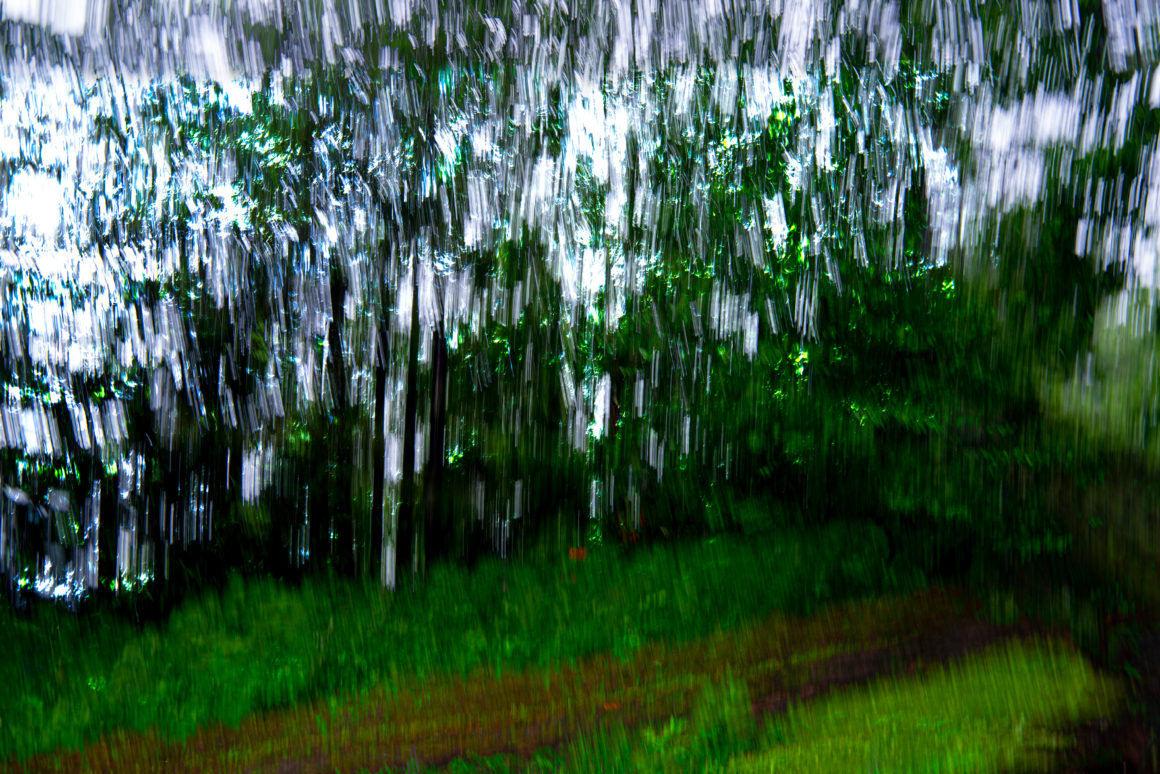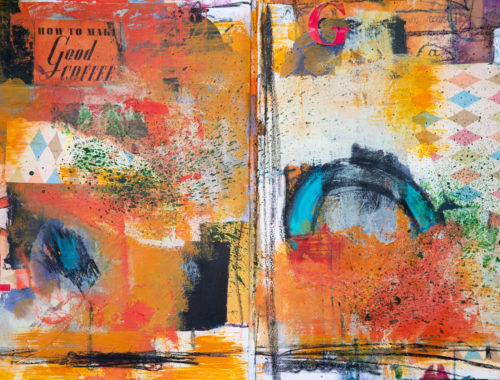
Forest or Trees?
I have a song stuck in my head: “The Big Picture” by Tori Amos, a release from her very first album, Y Kant Tori Read. Of course, Dennis has this in his collection. His modus operandi concerning music has long been to find the stuff that most people have never heard of. I’ve gone back and forth between being annoyed by his ways and appreciating them. As of late, I find that I’m more often valuing his approach.
“The Big Picture” is in my head because I played the beginning of its video for Bridget yesterday. We were discussing Amos because I had just received a book in the mail (shocking, I know): Resistance: A Songwriter’s Story of Hope, Change, and Courage. A few weeks ago, I came across an article/review on it, clicked a link, and ordered the book. Dennis will likely read it before I do.
But the big picture: it’s appropriate that the phrase is swirling up there. It reminds me to beware. Don’t we all tend to get caught up (and subsequently swamped) by the big picture? Everything becomes so important: if we don’t vote this way, we’re doomed; if we just listen to the “experts,” all will be well; minding our own business is not an option because, well, everything around us will fall to pieces and the business of others will be ours whether we like it or not. I’m not saying that we don’t each have a role to play; we most certainly do.
Each of you is precious to Christ. He knows you personally. He loves you tenderly, even when you are not aware of it.
—Pope John Paul II
What I am getting at is the importance of knowing one’s place in the world, a task that sounds simple enough but can be just about impossible to accomplish. In his introduction to “Notes Towards the Definition of Culture” (from in 1948), T.S. Eliot writes:
Culture is the one thing that we cannot deliberately aim at. It is the product of a variety of more or less harmonious activities, each pursued for its own sake: the artist must concentrate on his canvas, the poet upon his typewriter, the civil servant upon the just settlement of particular problems as they present themselves upon his desk, each according to the situation in which he finds himself. Even if these conditions with which I am concerned seem to the reader to represent desirable social aims, he must not leap to the conclusion that these aims can be fulfilled solely by deliberate organization. … The point at which we can arrive is the recognition that these conditions of culture are “natural” to human beings; that although we can do little to encourage them, we can combat the intellectual errors and the emotional prejudices which stand in their way. For the rest, we should look for the improvement of society, as we seek our own individual improvement, in relatively minute particulars.
Eliot’s encouragement for combatting errors and prejudices are important here, and they help me to see my role as encompassing two basic realms: one of which involves my family, my neighbors, my writing, my art, my beloved literature; the other of which involves the society of which I am a part: people in the wider world accessed through the Internet, books and articles about history, science, economics, and politics. Over all of this, I need to apply my faith in God.
I have plenty of experience in compartmentalizing my life and my online world and can’t foresee that ever changing, but I’m beginning to think that perhaps the balance needs to shift a bit.




